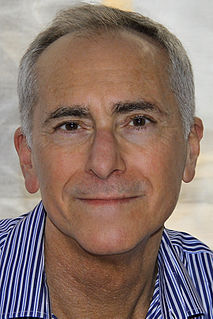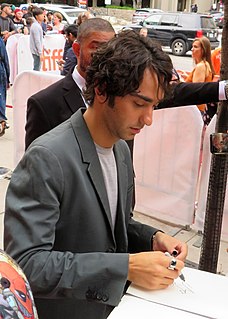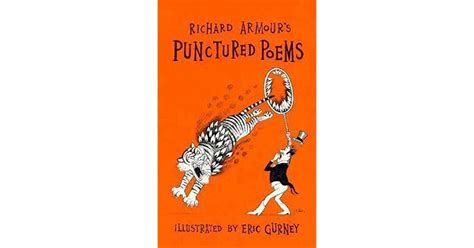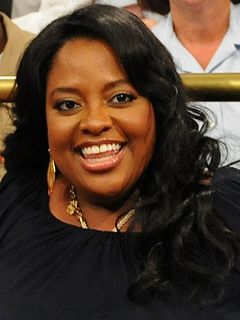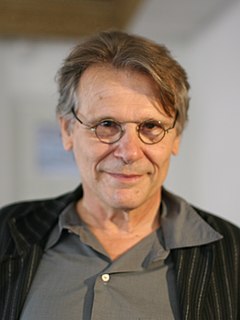A Quote by Stephen Chbosky
How about your favorite book?" "This Side of Paradise by From. Scott Fitzgerald." "Why?" "Because it was the last one I read." This made them laugh because they knew I meant it honest, not show-off. Then they told me their favorites, and we sat quiet.
Related Quotes
Ernest once told me that the word paradise was a Persian words that meant walled garden. I knew then that he understood how necessary the promises we made to each other were to our happiness. You couldn't have real freedom unless you knew were the walls were and tended to them. We could lean on the walls because they existed; they existed because we leaned on them.
I developed a mania for Fitzgerald - by the time I'd graduated from high school I'd read everything he'd written. I started with 'The Great Gatsby' and moved on to 'Tender Is the Night,' which just swept me away. Then I read 'This Side of Paradise,' his novel about Princeton - I literally slept with that book under my pillow for two years.
"So you're always honest," I said. "Aren't you?" "No," I told him. "I'm not." "Well, that's good to know, I guess." "I'm not saying I'm a liar," I told him. He raised his eyebrows. "That's not how I meant it, anyways." "How'd you mean it, then?" "I just...I don't always say what I feel." "Why not?" "Because the truth sometimes hurts," I said. "Yeah," he said. "So do lies, though."
I'd say the purest experience for the movie is not to have read the book because I think when you've read the book you're just ticking off boxes. I think that after you see the movie, reading the book is a cool thing. I always say the movie's not meant to replace the book. That's ridiculous. I'm a huge fan of the book.
As I saw my 60th birthday approaching, I thought,What did 60 mean to me? I figured I'd probably live until I'm about 90, which meant that I was at the beginning of what I call my third act. As an actress, I know how important the third act is. It makes sense of the first and second acts. You can have first and second acts that are interesting, but you don't know what they mean. Then a good third act pulls it all together. And so I knew that, because I sat by my father's side over the long months when he was dying.
In such novels as This Side of Paradise and The Great Gatsby, Fitzgerald depicts the spirit of the hour which is usually about 4 a.m. His suave young men, always commuting between Princeton and The Plaza in Stutz Bearcats never sat still for long. It was too uncomfortable, with a large flask in the hip pocket.
With me being in so many pain from when you have a betrayal from your best friend - who was my husband - and the girl got pregnant, I couldn't even get out of bed. The only thing that saved me was my stand-up. I would get on stage and just talk about stuff, and I made people laugh. A lot of women e-mail me and say, 'How do you smile? How do you laugh at something like this?' That's how I do it. I laugh because that's how I get through pain.
We keep quiet about what we read. Our enjoyment of a book remains a jealously guarded secret. Perhaps because there`s no need to talk, or because it takes time to distill what we've read before we can say anything. Silence is our guarantee of intimacy. We might have finished reading but we`re still living the book.



